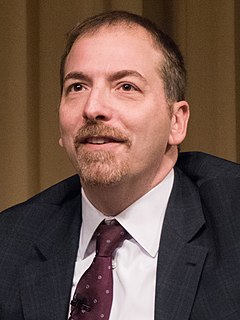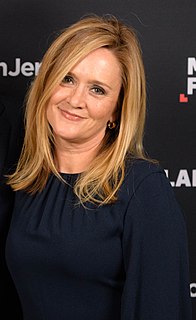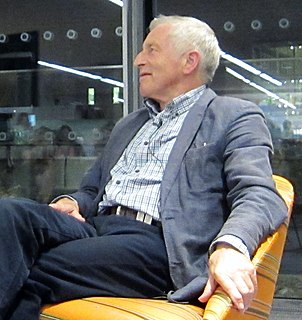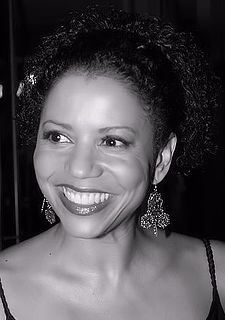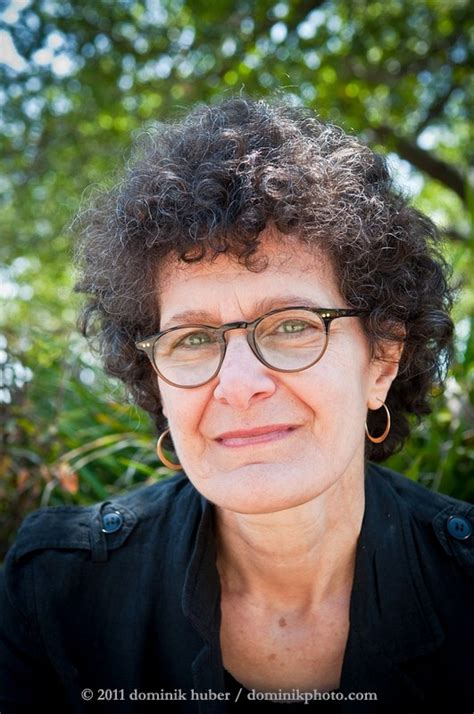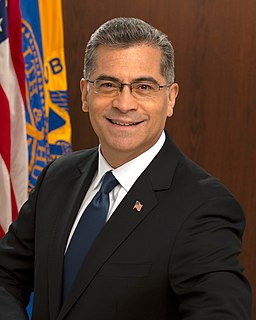A Quote by Nicola Sturgeon
My early years as a political activist were dominated by the poll tax.
Related Quotes
One must remember that in the '70s, Democrats still grasping for Camelot were desperately pinning their hopes on Teddy while Republicans were doing everything they could politically to turn him into a punch line post-Chappaquiddick. And the idea of Ted Kennedy - rather than the actual man - dominated his political legacy through the early '90s.
Political courage requires clarity. The Obama Administration chose the tortured route of arguing the legality of the individual mandate via the interstate commerce clause for one simple reason: it did not want to take the political risk of allowing opponents to call it a tax increase. That was stupid. The Republicans were calling it a tax increase anyway.

